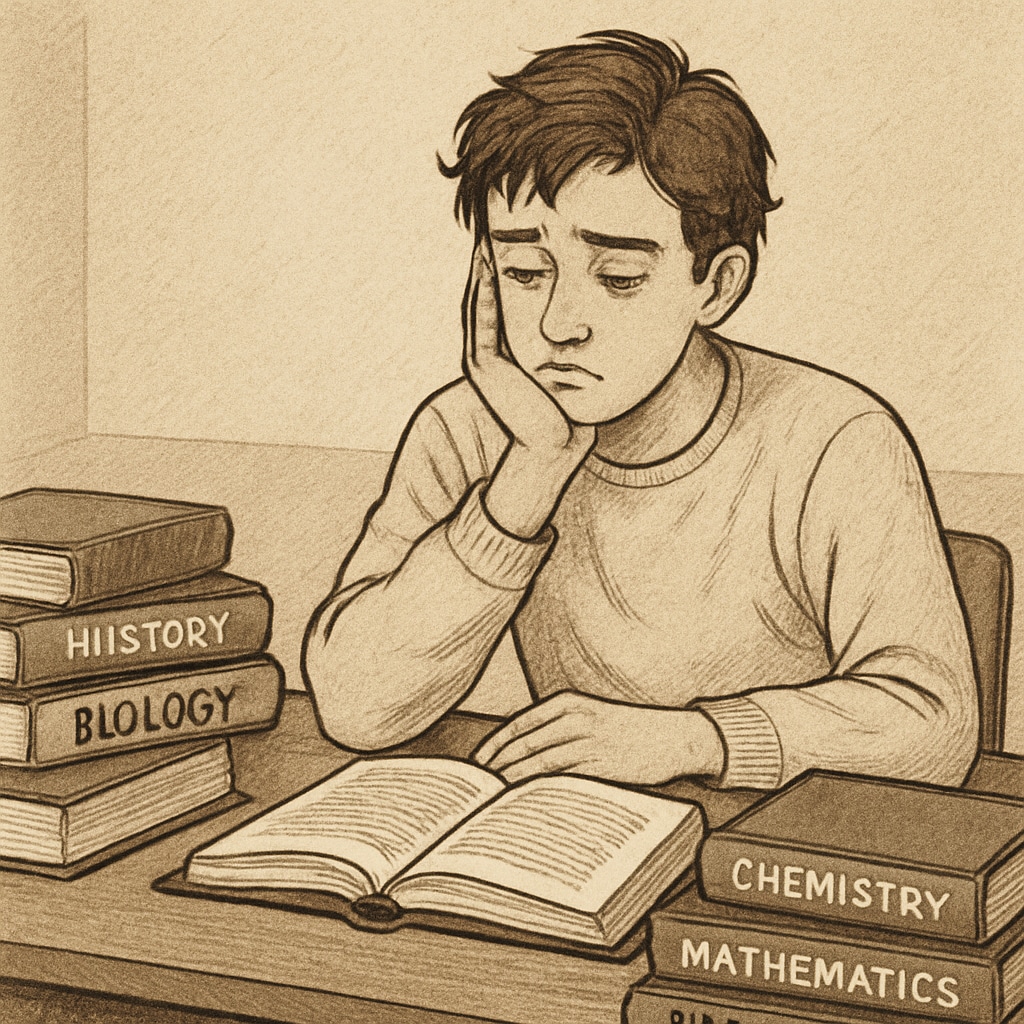Many university students face academic struggles when their chosen majors lack personal interest or relevance, often leading to a loss of motivation and a sense of directionlessness. This issue, prevalent worldwide, has its roots in the K12 education system, where opportunities for career exploration and interest development are often limited. How can we ensure that students remain engaged and passionate about their studies? The solutions lie in reshaping the foundations of early education.
The Link Between Academic Motivation and Major Interest
University students who feel disconnected from their chosen fields of study are more likely to experience academic struggles such as procrastination, low grades, and even dropout. A lack of motivation can stem from a misalignment between personal interests and career aspirations with the field they are studying. Without a sense of purpose, students may find it difficult to persevere through challenging coursework.
According to a report published by Wikipedia on Education, early educational experiences play a critical role in shaping long-term academic interests. Unfortunately, many K12 systems focus heavily on standardized testing and rote learning, leaving little room for students to explore potential career paths or discover their passions.

How K12 Education Shapes Future Academic Engagement
The K12 education system often emphasizes academic performance over personal growth. While this approach may prepare students for exams, it neglects to nurture curiosity and self-awareness. If students are not exposed to diverse subjects and career options early on, they may struggle to make informed choices about their university majors.
In addition, the lack of multi-dimensional evaluation methods can suppress creativity. For example, students with artistic or entrepreneurial talents may feel undervalued in systems that prioritize math and science. As a result, they may end up pursuing degrees that do not align with their true interests.
To address this, schools should incorporate the following strategies:
- Interest-based learning: Allow students to take elective courses in various fields to identify their passions.
- Career counseling: Provide professional advice and resources to help students understand potential career paths.
- Project-based assignments: Encourage students to work on real-world challenges related to diverse industries.

Solutions: Reforming K12 Education to Prevent Academic Struggles
To combat the issue of low academic motivation and major disinterest, education systems must prioritize early career planning and interest exploration. Below are actionable steps that can be implemented in K12 education:
- Introduce career exploration programs: Starting from middle school, students should participate in workshops, internships, and guest lectures from professionals in various fields.
- Encourage self-reflection: Assignments that focus on identifying personal strengths, weaknesses, and interests can build self-awareness.
- Adopt a multi-dimensional evaluation system: Assess students not only based on grades but also on creativity, teamwork, and practical skills.
- Collaborate with parents: Schools and families should work together to support students in making well-informed decisions about their future.
By fostering a culture of curiosity and exploration during the K12 years, students are more likely to transition into higher education with a clear sense of purpose and motivation.
Looking Ahead: Supporting University Students
While reforming K12 education is essential, universities also play a critical role in addressing current student struggles. Flexible curriculums, mentorship programs, and mental health resources can help students rediscover their passions and make necessary changes to their academic paths.
Additionally, universities should encourage interdisciplinary studies, allowing students to combine interests from multiple fields. This not only boosts motivation but also prepares students for dynamic career landscapes.
Conclusion: Addressing academic struggles caused by disinterest in majors requires a twofold approach: reforming K12 education to nurture early career exploration and providing ongoing support in higher education. By prioritizing student interests and passions, we can create a more engaged and motivated generation of learners.
For further reading, explore the importance of career guidance through the Britannica article on Education.


